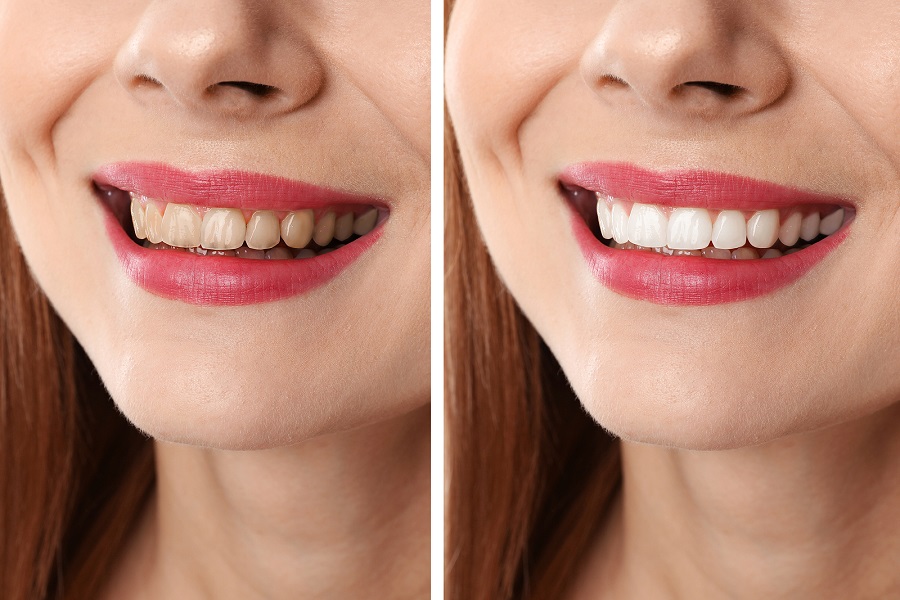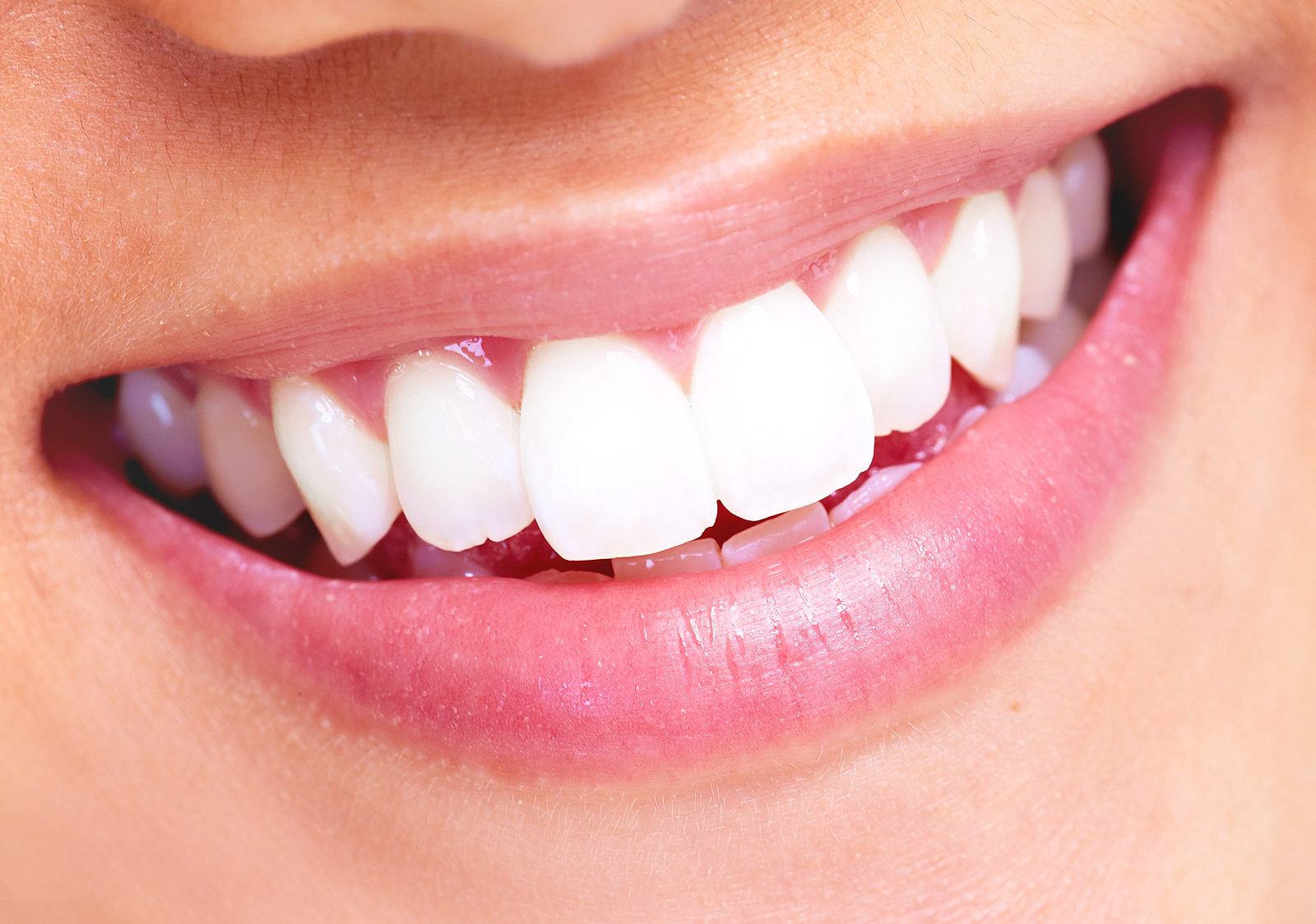STUDY CONFIRMS LINK BETWEEN DENTAL PHOBIA AND QUALITY OF LIFE
A dentist appointment isn’t a pleasant experience and few people look forward to their half-yearly visits. However, most realize that visiting a dentist is an important aspect of maintaining their oral hygiene. They look past their discomfort and schedule appointments diligently. Unfortunately, some people can’t look past their discomfort and experience great levels of anxiety at the thought of a dentist appointment. They do their best to avoid appointments and will only visit a dentist if they experience acute pain and can’t avoid the appointment. Unsurprisingly, people with dental anxiety experience more dental problems than people without it.
THE CONNECTION BETWEEN DENTAL PHOBIA AND QUALITY OF LIFE
Dental phobia has a deep impact on the quality of life and can cause a number of health problems in the long run. People with dental phobia experience a negative impact on their health even if their dental disease in under control. Here’s a glimpse of what they experience:
- Comprised Dental Heath – As mentioned before, people will dental phobia are less likely to get treatments and that can have an impact on their oral health.
- Social Life – People with dental problems and missing teeth are very self-conscious and suffer from low confidence levels in social situations. They’re reluctant to interact with others or even smile openly because they don’t want to show their poor dental health to others. Missing teeth and deep cavities can also alienate others, which has a negative impact on the person’s self esteem as well.
- Tiredness and Lack of Vitality – The combination of poor dental health, lack of social interaction, low levels of confidence and self esteem can make people with dental phobia feel tired and listless on a daily basis.
Other consequences of dental phobia include depression, discouragement, general anxiety, and sadness.
WHAT IS DENTAL PHOBIA?
Dental phobia is a fear of dental procedures and appointments at the dentist’s office. This might sound like a simple feat, but many people experience overwhelming anxiety to the point that they actively disregard their dental health in order to avoid the dentist’s office. According to a study by the King’s College published in the British Dental Journal, people with dental phobia are more likely to have cavities and missing teeth than people without the phobia. This study was conducted with the help of 10,900 participants with 1,367 people identifying themselves as phobic. People with dental phobia are more likely to:
- Skip dentist appointments.
- Choose short and easier procedures over long treatments that require more visits.
- Limit the time spent in the dentist’s office.
As you can see, people with dental phobia don’t just skip appointments, they deliberately choose treatments and procedures that might prove to be ineffective in order to avoid longer or more frequent dental appointments.
HOW CAN A DENTIST HELP?
An experienced and well-trained dentist will know how to deal with patients suffering from dental anxiety. Our dentists here at Biltmore Commons take the steps mentioned below:
- They create a comfortable, warm, and welcoming environment for patients.
- The staff engages and soothes patients while they wait for their appointment.
- The dentists communicate with the patient throughout the procedure and try to keep them distracted.
- They have skilled technicians and use efficient tools to ensure the appointment is as short as it can possibly be without compromising the results.
It’s important to control and manage your dental phobia and visit your dentist at least once or twice in a year. Your natural teeth can’t be replaced and if you ignore your oral health and hygiene, you’ll harm them permanently. If you maintain your oral hygiene and not skip any appointments, you won’t have to visit your dentist more than twice a year.






















0 comments